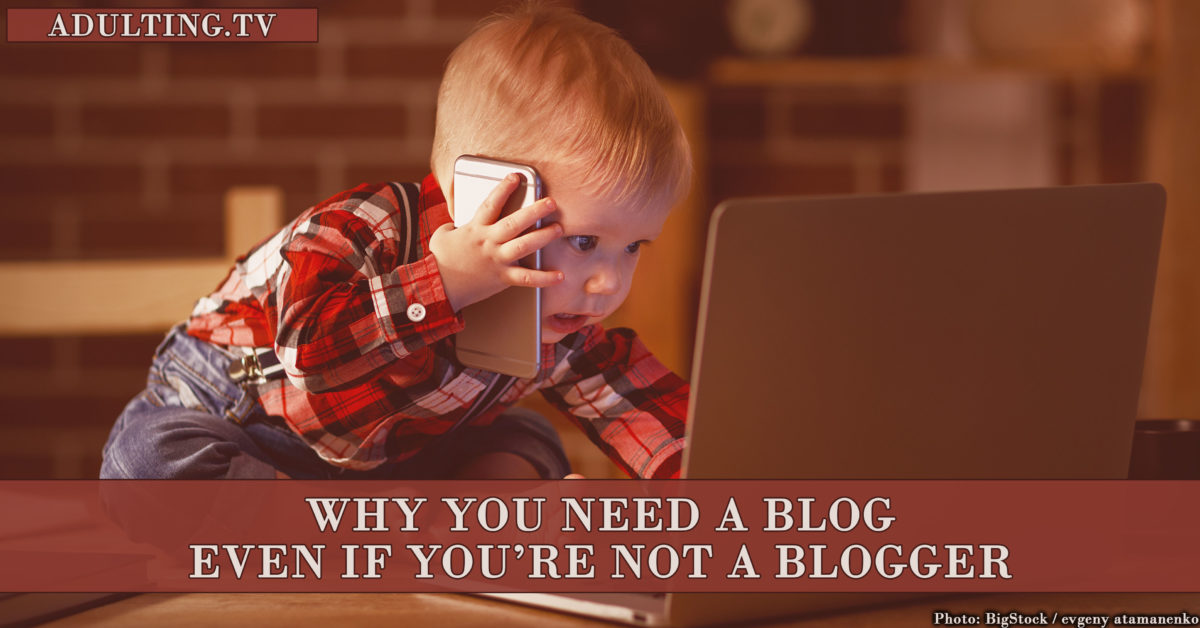I find that when my life starts feeling ho hum or repetitive, it’s because I’ve gravitated towards a routine of cheap and easy. I, personally, get easily sucked in a cycle of wake, work, sleep, repeat because I’m often focused on a goal.
These feelings tell me that I need to add a dash of excitement to my life and experience a little culture outside my office. It’s important to get outside of my own head and into someone else’s.
I live in a great city within a great state that has a lot to offer. Despite this, I need to take the initiative to make the most of it. These are some of the ways I get my culture-fix.
Virtual music.
My number one, all-time favorite way to gain culture is from music – virtual music that is. It’s not that I don’t like concerts. It’s just that with YouTube, iTunes, Amazon and Spotify, you can listen to almost any song ever made from any time in history, anywhere in the world, for a nominal fee (if there’s a fee at all).
How amazing is that!
I frequently and consciously make myself look for and listen to music I don’t necessarily gravitate towards, nor love. Occasionally, I learn to love a sound or a song and often I’m surprised that I loved one my whole life and never knew it.
I often listen to Radio Roulette. Radio Roulette allows you to choose the station, album, or song your music platform recommends for you. Usually they fit in with your genre of choice, but now and then they throw something crazy in there, and it can be exciting.
Unvirtual music, big and small.
Now, if I didn’t have to live within space, time and a budget, I’d listen to live music on site every day of the week and twice on Tuesday (I don’t even know what that means, but I hear it a lot). Live music is far and away my favorite way to hear new music.
Nothing can beat the energy of artists entertaining their fans. This is why bigger bands and singers say they prefer smaller venues. Smaller venues are more intimate, and the performer connects better with their audience.
Of course, if you can sell out The O2 Arena, who wouldn’t?
Choose friends who like live music to do a musical round-robin. Each of you takes a turn finding live shows to watch, ideally the person who chooses the show already likes the music and the others don’t know about it.
Talk talk.
I’m the same as most of you and spend the bulk of my day online. My job requires it. Then, as the human species evolves, we seem to spend more of our personal time online. I like to face-this and snap-that like anyone else. However, I do fear losing the art of conversation.
Studies continue to show that people are spending more time online than with actual people. When many of us do go out to walk amongst other humans, we find it hard to engage and empathize with each other. Some of us even acquire agoraphobic traits.
Therefore, I force myself to get out and talk verbal-to-audible with other humans. I like to hear what’s going on in their lives. I like to revel in their triumphs and support them in their tribulations. I like to understand their points of view, especially if they don’t align with mine.
You’ll think I’m a fuddy duddy (especially after that), but I believe it’s nearly impossible to hold an honest, tempered, political debate online. Virtual discussions lose tone and inflection. They don’t have eye-contact or show emotions. They’re very one-sided, too. When we’re responding online, we’re trapped in our thoughts rather than engaged in conversation.
Consequently, we don’t learn anything from virtual debates. Our opinions aren’t necessarily challenged. Virtual discussions are the virtual opposite of the Socratic Method. If Socrates had to live in a world of virtual debate, it might’ve killed him.
Café o-lay.
Speaking of music, conversations, and debates, find them in a café. In many European countries, the cafes are where it all happens. They listen to live music, hear book or poem readings, engage in enjoyable conversations and interesting debates all while enjoying a well-crafted latte.
Modern, American-style coffee shops that have made their way around the globe have become more transactional and less experiential. But, the true cafes exist, and they’re not traded on the U.S. stock. Look for those small mom-and-pop shops.
A night (or a day, or a minute) at the museums.
This may seem like an obvious one, but I can’t tell you how many times I visit a city and someone who lives there tells me they’ve never been to this museum or that museum. Or, they’ve only gone to a certain museum because I was in town.
There are so many museums, big and small, everywhere in the world. They’re fascinating and historical. They tell us stories and share experiences.
Most museums offer free or discount days, if money is your concern. Many have delicious cafes and restaurants inside or outside that can enhance your experience.
Fully take advantage of these. I was recently at the Museum of Modern Art in New York City for the first time and had the opportunity to see Vincent van Gogh’s Starry Night in real life. I had seen it countless times in posters, books and TV before, but I never experienced it in person. I’m positive that most people have seen and will see Starry night countless times in their lives on posters, in
I’m positive that most people have seen and will see Starry night countless times in their lives on posters, in books, and on TV too. The amazing difference between those images of Starry Night and not the real painting is that the actual painting seems alive.
What makes it so magical and historically significant is how Van Gogh made a painting come to life. As you look at it, it moves. It has depth. It’s as close to living as a painting will ever get.
That’s why I was astounded by the crowd of people around the original painting all taking pictures of it with their phones. I looked directly at it the entire time I was in front of it because I figured I can look at a replica any time.
Document it.
Netflix, Hulu and Amazon Prime are bringing documentaries into our living rooms. In the days of yore, wherever that is, you had to go to a movie theater, usually an art-house theatre, to see documentaries. Unfortunately, this gave limited audiences to some amazing pieces of work and cultural experiences.
Now, thousands of great documentaries are available at our fingertips. I know it’s easier to watch Game of Thrones and The Walking Dead (guilty!), but many documentaries offer excitement and education all in one. They introduce us to people who are so much like us, but other than via the documentary, we’d never know of them.
Roam.
This is just my fancy way of saying travel. In fact, I should say, “TRAVEL!” I have never gained more culture than when I’ve gone abroad and to new places within my own country, which in some parts can feel like a whole different world.
It’s easy to believe that what we see in the news is reality, but it’s barely as real as reality television. Are all places like your backyard? No, and that’s the point. But, is everyone else living everywhere else experiencing the beginning of the apocalypse? No, and you can’t really learn that without going there.
With as vast and diverse as our country is, you don’t even have to leave our borders to experience different cultures. So, this doesn’t have to be an overly expensive cultural experience.
As Saint Augustine said, “The world is a book and those who do not travel only read one page.”
Read.
Speaking of reading, one of the cheapest ways to travel through space and time is reading a book – a good, old-fashioned, paper book.
Yes, I loved my Kindle, and I downloaded a library of books because of it. But, nothing beats holding an organically made book in your hand. It seems like others agree, too. Print sales rose 3.3% in 2016 over 2015. Consequently, e-book sales have been dropping around the globe.
There’s just something about reading a traditional book in an authentic café drinking a crafted latte. That may sound snobbish, but you can have that whole experience for $20. So, I think of it as economical and grounded.
You can’t travel in time . . . yet . . . and, if you can’t go to a place now, the next best thing is reading a book in which you create your own visuals. Not only are books relaxing, they’re also inspiring. They make the mind think and exercise the brain.
Get lectured.
I learned that listening to lectures doesn’t have to stop in college. I also learned that, contrary to college, I now enjoy listening to lectures. For many, this has been inspired by TED Talks. However, college campuses, convention centers, churches and community centers around the world offer all different varieties of lectures, many of which are free.
Challenge yourself by going to a lecture you’re inherently opposed to hearing. Reinforce your beliefs by going to lectures by people you know. The most valuable part of a conversation is the listening part. Lectures without hecklers offer only the listening part, which can be good for the mind.
Of course, you don’t have to do these to gain culture, and this isn’t an exhaustive list. But, do something that takes you off your couch and out of your comfort zone. It can only lead to more fulfillment or knowledge.
What are some ways you experience culture? What effect do these experiences have on you? Tell us about it in #Adulting Facebook community.










